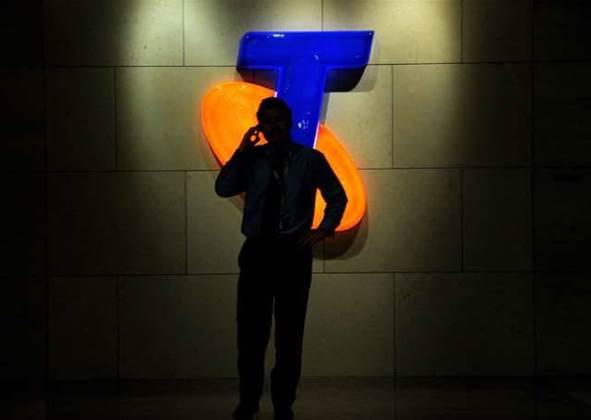Telstra is against the prospect of a new limited-hours telephone service being set up to troubleshoot telecommunications issues for regional and rural users, fearing the advice provided might not always be “neutral”.

The telco is the only operator to directly respond to a government inquiry into the establishment of a digital technology hub, which is intended to “support regional, rural and remote Australians to make the most of telecommunications services.”
While it is billed predominantly as an online resource, there is also a proposal for a phone service that could operate up to four hours a day and also offer the ability to perform call-backs.
But Telstra is against the prospect, and instead wants any requests for phone-based assistance to be redirected straight to the respective telcos.
“To protect the integrity of the service we recommend that the digital tech hub be provided as an online service only and, where relevant, refer individual customers to the call centres of their own service provider to resolve technical or account issues,” Telstra said. [pdf]
“Enquiries via a phone service could result in lines of questioning that seek opinions and recommendations.
“If a limited-hours phone service is implemented, then rules and systems should be put in place that ensure the integrity of the service is maintained as a neutral provider of information.”
With the hub to be stood up and operated by a third-party, much of Telstra’s submission deals with how to ensure the hub is neutral and does not favour one provider over another.
Neutrality is also favoured by other stakeholders, particularly when it comes to forward funding, so that the hub does not become beholden to particular interests that wind up bankrolling it.
When established, the hub is likely to take some of the brunt of effort that is currently shouldered by volunteers in the Better Internet for Rural, Regional and Remote Australia (BIRRR) group.
BIRRR is a united and respected advocate for regional, rural and remote users, but its volunteers’ time is increasingly taken up by support and troubleshooting.
“Our volunteers are currently stretched beyond their capabilities, with work in the advocacy and research space taking a back seat to our troubleshooting role,” it said. [pdf]
“Our volunteers spend an extensive amount of time using a series of troubleshooting Google forms to identify service issues and escalate them to the required providers.
“Ideally we would prefer to devote our volunteer hours to advocacy and not be constantly troubleshooting and providing digital literacy skills assistance to RRR users who require assistance.”
BIRRR said a survey of its members found they are in favour of the limited phone-in option, in addition to online assistance channels through the hub.
The group suggested that, if procurement rules allowed, it be able to work with the eventual hub operator to ensure a seamless transition of troubleshooting capability and knowledge.
“It is essential that the new digital tech hub shadows BIRRR for a designated period of time so that existing knowledge is not lost and can be passed on,” it said.
“There may also be the possibility that some of the BIRRR volunteers could be engaged by the hub on a paid basis to assist in getting the hub set up.”
BIRRR also added that the hub “must be technology and provider agnostic”, echoing Telstra’s concerns in that regard.



_(23).jpg&h=140&w=231&c=1&s=0)
_(20).jpg&h=140&w=231&c=1&s=0)
.png&h=140&w=231&c=1&s=0)





 iTnews Executive Retreat - Security Leaders Edition
iTnews Executive Retreat - Security Leaders Edition
 iTnews Benchmark Awards 2026
iTnews Benchmark Awards 2026
 iTnews Cloud Covered Breakfast Summit
iTnews Cloud Covered Breakfast Summit











_(1).jpg&h=140&w=231&c=1&s=0)



